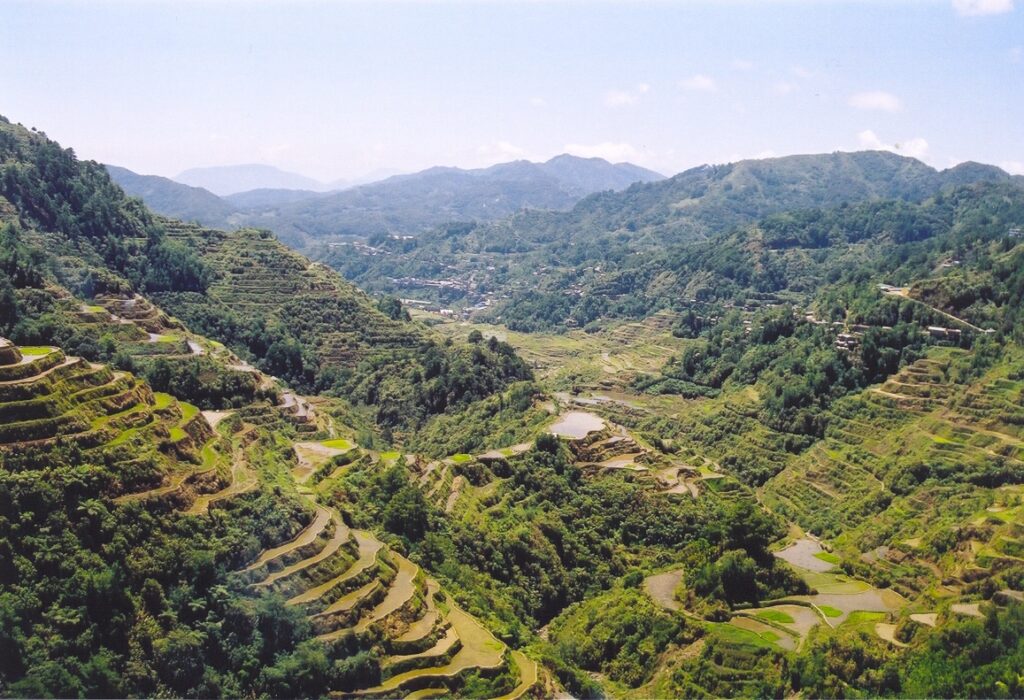Legal Lease: The Things You Need To Know In Leasing Real Property
Many resort to leasing properties for residential or commercial use. Despite this common practice, the legal knowledge of many Filipino and foreign nationals residing in the Philippines on leasing contracts is often limited to rental costs and periods of lease. To many lessees and even lessors, the terms and conditions are nothing but legal mumbo jumbo. Given its significance, a basic understanding of the laws on leases is a must.










